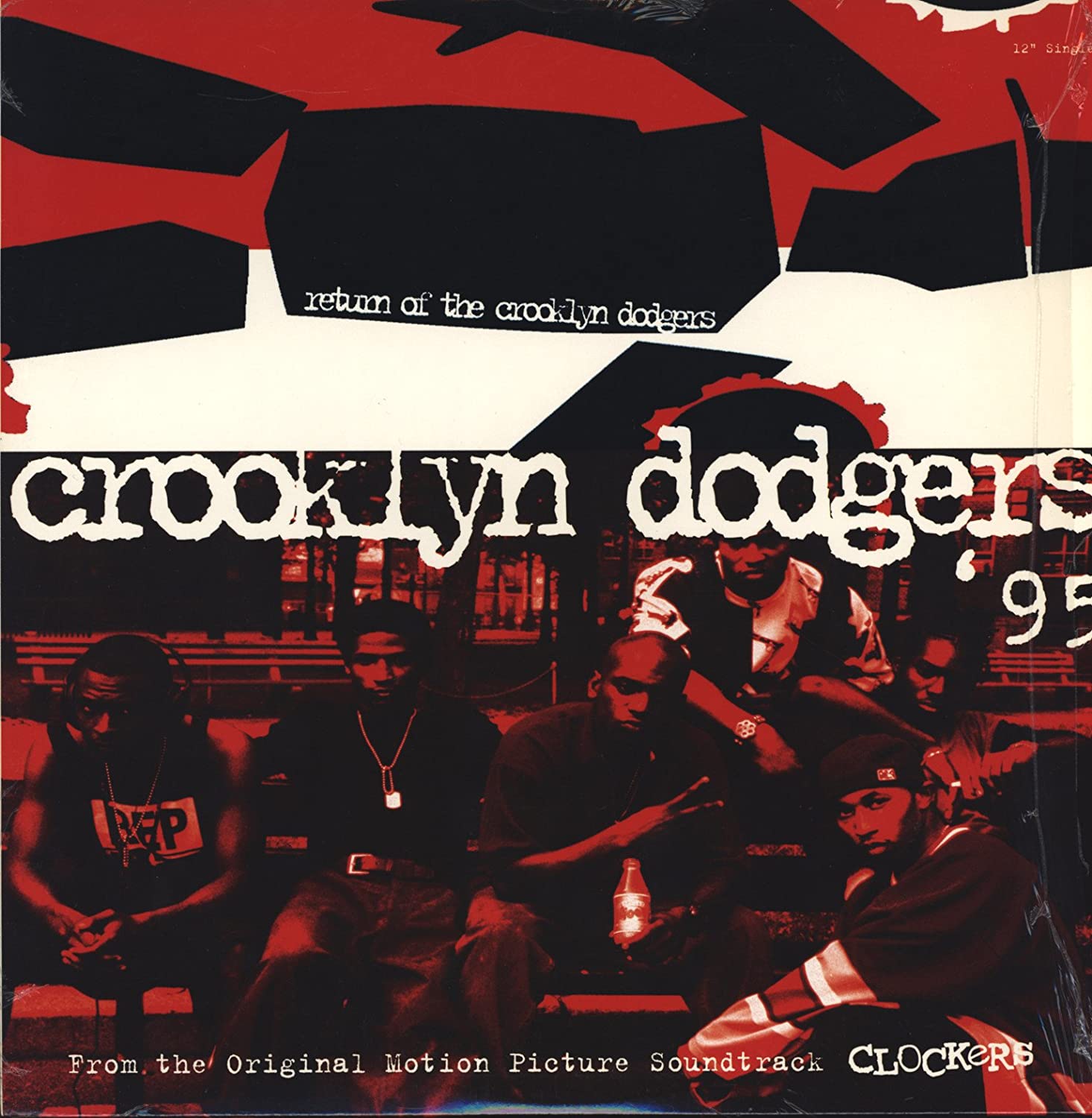Spike Lee’s Oscar acceptance speech was dripping with blackness. No wonder Donald Trump chimed in.
Spike Lee is one of the greatest Hollywood directors who have ever lived. Signature camera angles, cinematographic techniques and affinity for writing and directing material with importance to the greater black community are only the most apparent of Lee’s many tools.
When he mounted the stage to accept his Academy Award for Best Adapted Screenplay for Blackkklansman, it was a foregone conclusion that the brightest moment in his 35-year career as a director would be politicized in some way.
As longtime friend and collaborator Samuel L. Jackson eyed the winning name that was plucked from a sealed envelope, his demeanor exploded with congratulatory pride upon reading Spike’s name. Spike, long the bridesmaid at the Oscar, leaped into the arms of Jackson unashamed with jubilation.
He immediately gave thanks to his ancestors, especially his Grandmother. He tearfully told the story of how she scratched together a lifetime of savings to put him through Morehouse and NYU Film School. Her sacrifice, though the most immediate, was but one of a long line made by many ancestors in the distant past. Lee’s speech recognized the known and the unknown.
“My grandmother, who lived to be 100 years young,” Lee said. “Who lived to be a Spelman College graduate even though her mother was a slave. My grandma, who saved 50 years of social security checks to put her first grandchild — she called me Spikey-Poo — she put me through Morehouse College and NYU grad [school].”
https://youtu.be/tTo3XYm33WU
With his speech, as emotional and cathartic as it clearly was for Spike, the politicization and policing of black thought, creative or otherwise, was immediately made manifest as Donald J. Trump took to Twitter and made an absolute ass of himself by saying Lee was “racist” against him during his award acceptance speech.
Trump obviously not only has a problem with reading comprehension, but he lacks listening skills as well.
To say choosing “love over hate” at the polls in 2020 is a direct insult is tantamount to Senator Palatine admitting his own dark side conspiracy existed prior to the big reveal.
It’s like the dude thinks in 2-D.
Be nice if Spike Lee could read his notes, or better yet not have to use notes at all, when doing his racist hit on your President, who has done more for African Americans (Criminal Justice Reform, Lowest Unemployment numbers in History, Tax Cuts,etc.) than almost any other Pres!
— Donald J. Trump (@realDonaldTrump) February 25, 2019
Spike Lee has been an icon of black artistry for 20 years before I ever got the opportunity to publish an opinion with a byline. And for years, many of his most ardent fans were pained at the Academy’s failure to recognize a man who’s easily one of the ten best American directors alive today.
That isn’t a hyperbolic statement buoyed by the win, but a matter of informed opinion based upon the beauty of some of his greatest works. The cinematography of Malcolm X was smooth and soulful, like the riff from an alto sax, not unlike the graceful manner with which Denzel Washington and Angela Bassett danced across the screen.
The screen seemed to dance across them as well.
That was the beauty of it, the dignity of it, the unmitigated blackness of it.
But the Academy blinked then, failing to make history when it had the opportunity. With Do the Right Thing, an intimate look at how tenuous race relations can become on a hot summer day in the city, we found a then unprecedented portrait of humanity within a black urban paradigm.
The ensemble cast that featured Ossie Davis and Ruby Dee, Danny Aiello, Rosie Perez, Giancarlo Espinoza and others was a multi-ethnic masterpiece of sincerity.
Spike would later make an argument that he thought the film Inside Man (2006) should have been nominated by the Academy as well.
What Lee has accomplished over the years is the stuff of determination, grit and the energy of 20 generations worth of ancestral energy.
An Academy Award is the defining jewel of filmmaking, but Spike Lee has been breathing life and humanity into black hopes, dreams, traumas and triumphs for over four decades and counting.
Spike Lee is to Ryan Coogler what Oscar Micheaux was to he and Melvin Van Peebles before him.
Through the differences in philosophy, technique, mainstream success and acumen, from Ava DuVernay, back through Kasi Lemmons and beyond us into a future yet seen, have all carried intimate visions of black humanity to cinematic release like a sacred flame in a maelstrom.
With his victory, Spike has exorcised a demon that has long haunted him. But the battle for black creative thought unfettered by mainstream sensibilities rages on. Nothing illustrated that more than Green Book, a film about racism that decentralizes the black character, winning an Oscar for Best Film.



